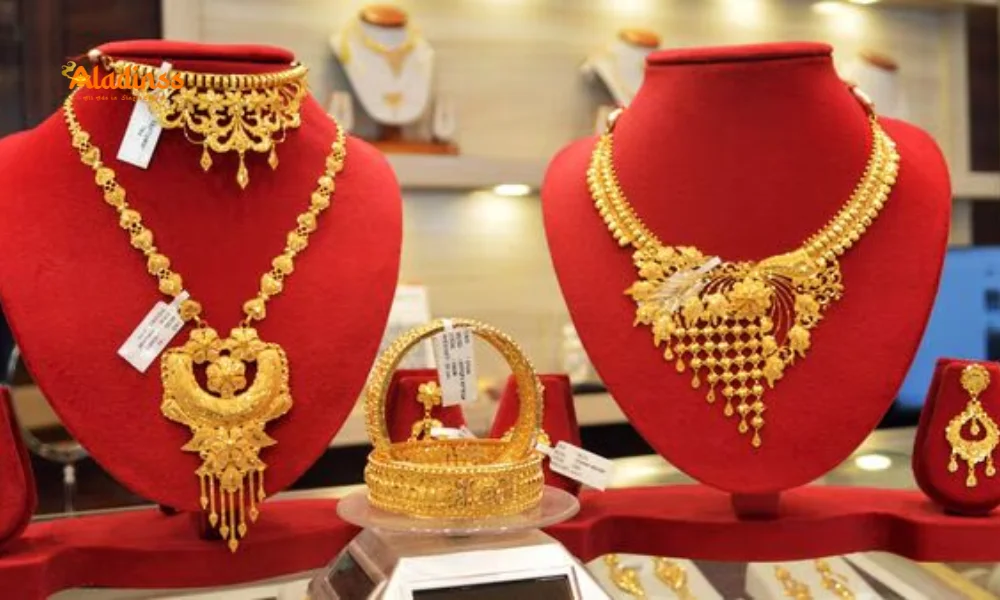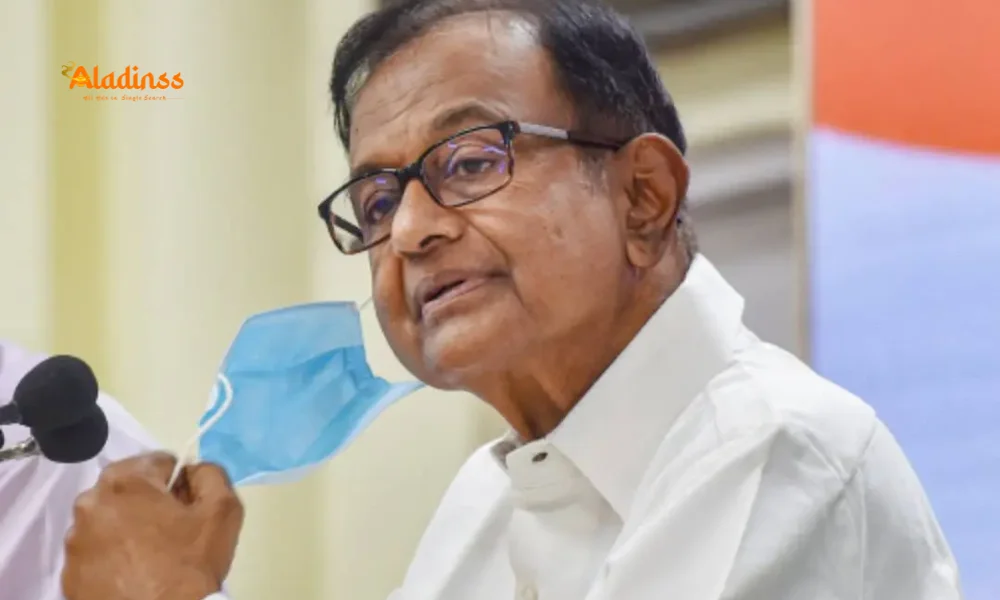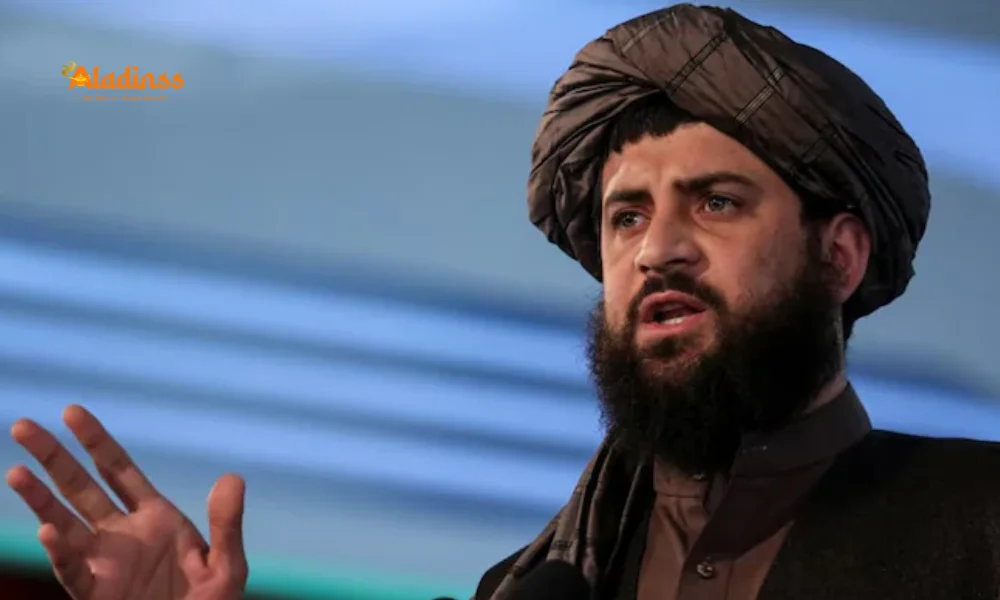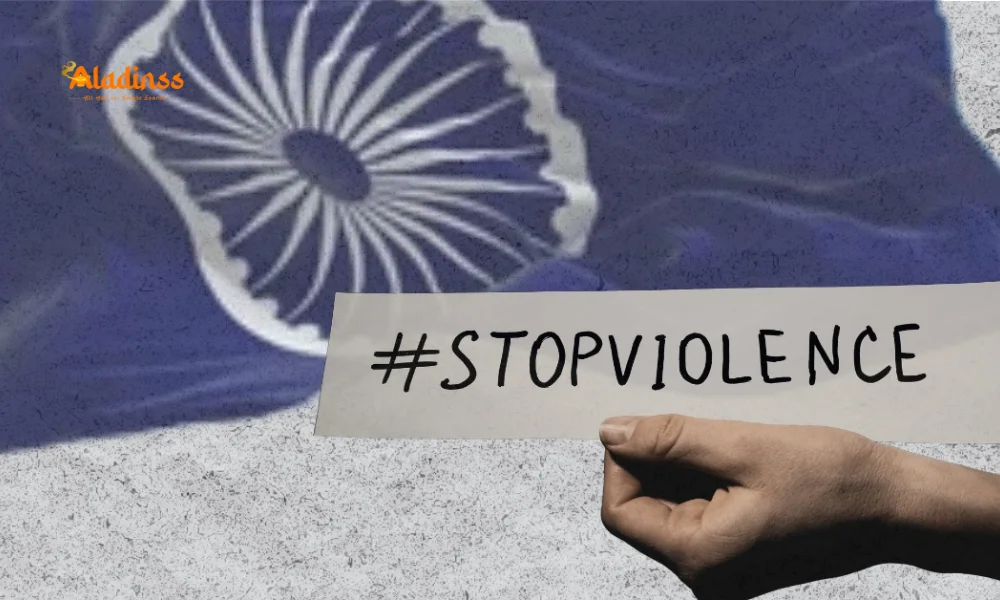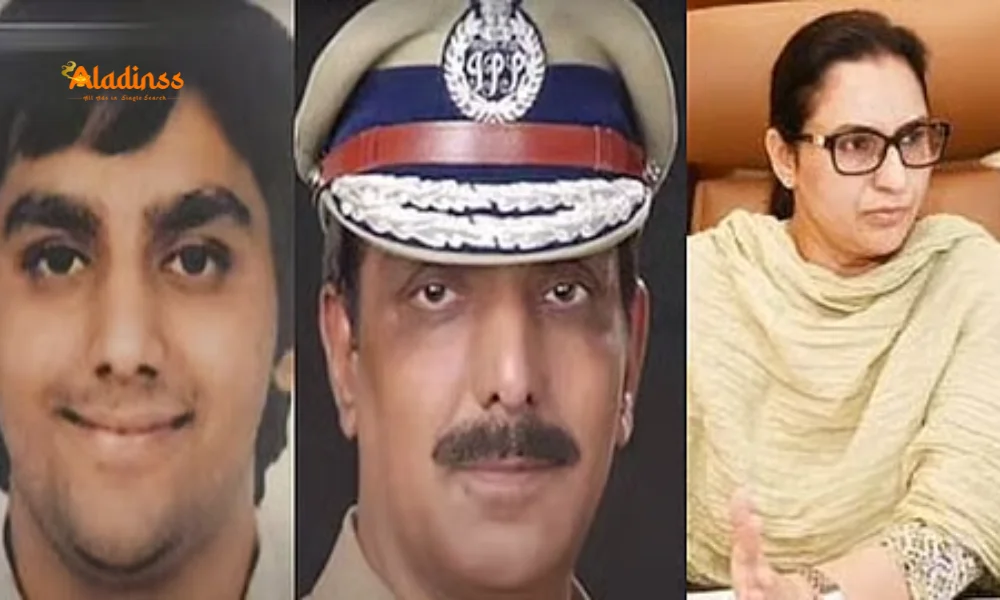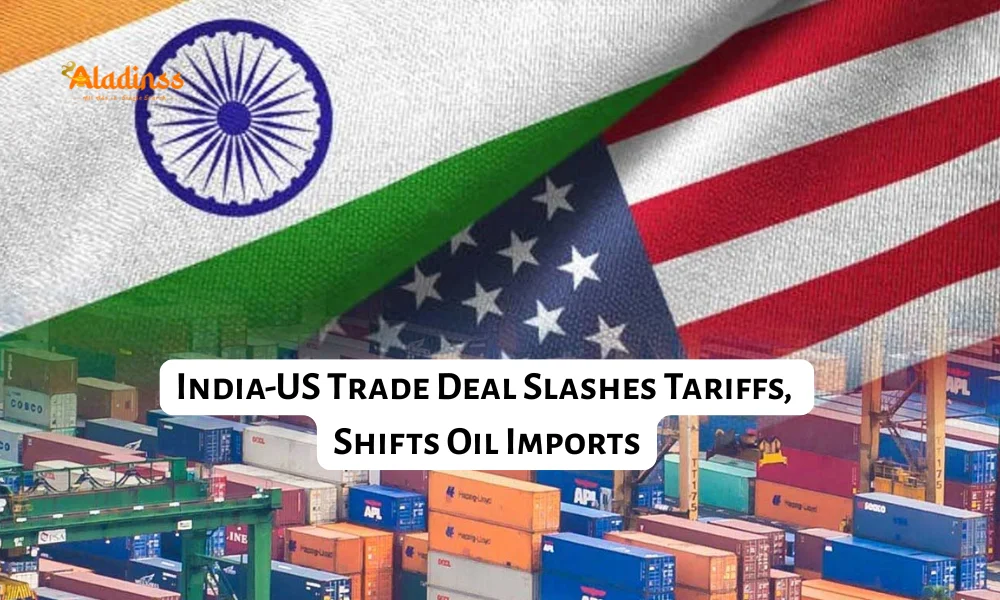Modi–Trump Diwali Call Sends Strong Message to Terror Networks Worldwide
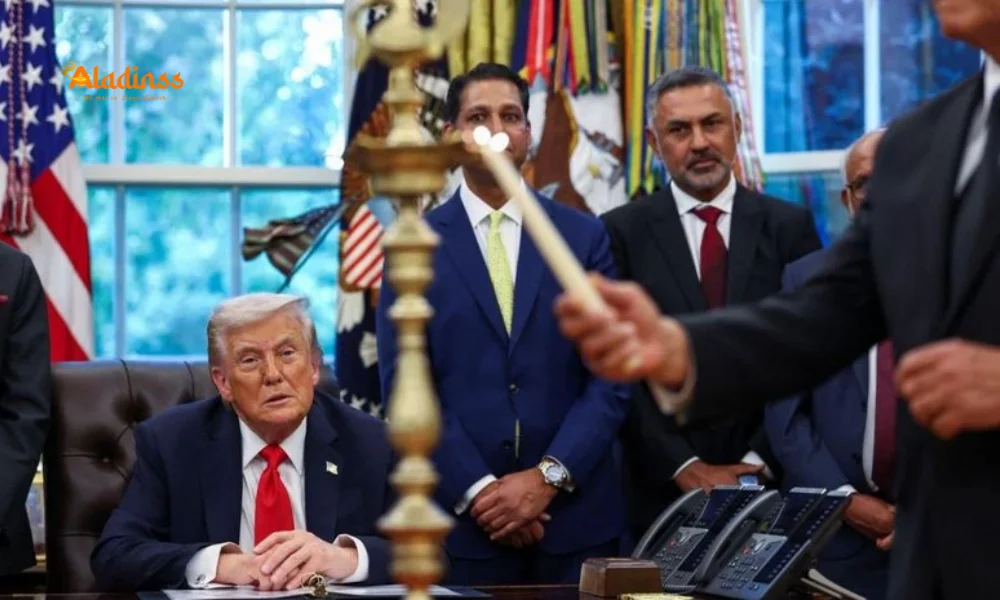
PM Modi and Trump Unite Against Terrorism in Diwali Call
On Tuesday, October 21, 2025, Prime Minister Narendra Modi revealed that he received a heartfelt Diwali greeting call from U.S. President Donald Trump, during which both leaders reaffirmed their unwavering commitment to combatting terrorism in all its forms. The conversation underscored the deep bond between India and the United States, two of the world’s largest democracies, as they vowed to promote global peace and prosperity. Modi highlighted the shared values of hope and unity, stating that both nations would continue to “illuminate the world” through their collaborative efforts.
The call coincided with a vibrant Diwali celebration at the White House, where Trump praised Modi as a “great person” and a “great friend.” He emphasized the strengthening of US-India relations, particularly in trade and regional stability, noting the absence of conflict between India and Pakistan as a significant achievement. The event highlighted the cultural significance of Diwali in the U.S. and the growing influence of the Indian-American community in fostering bilateral ties.
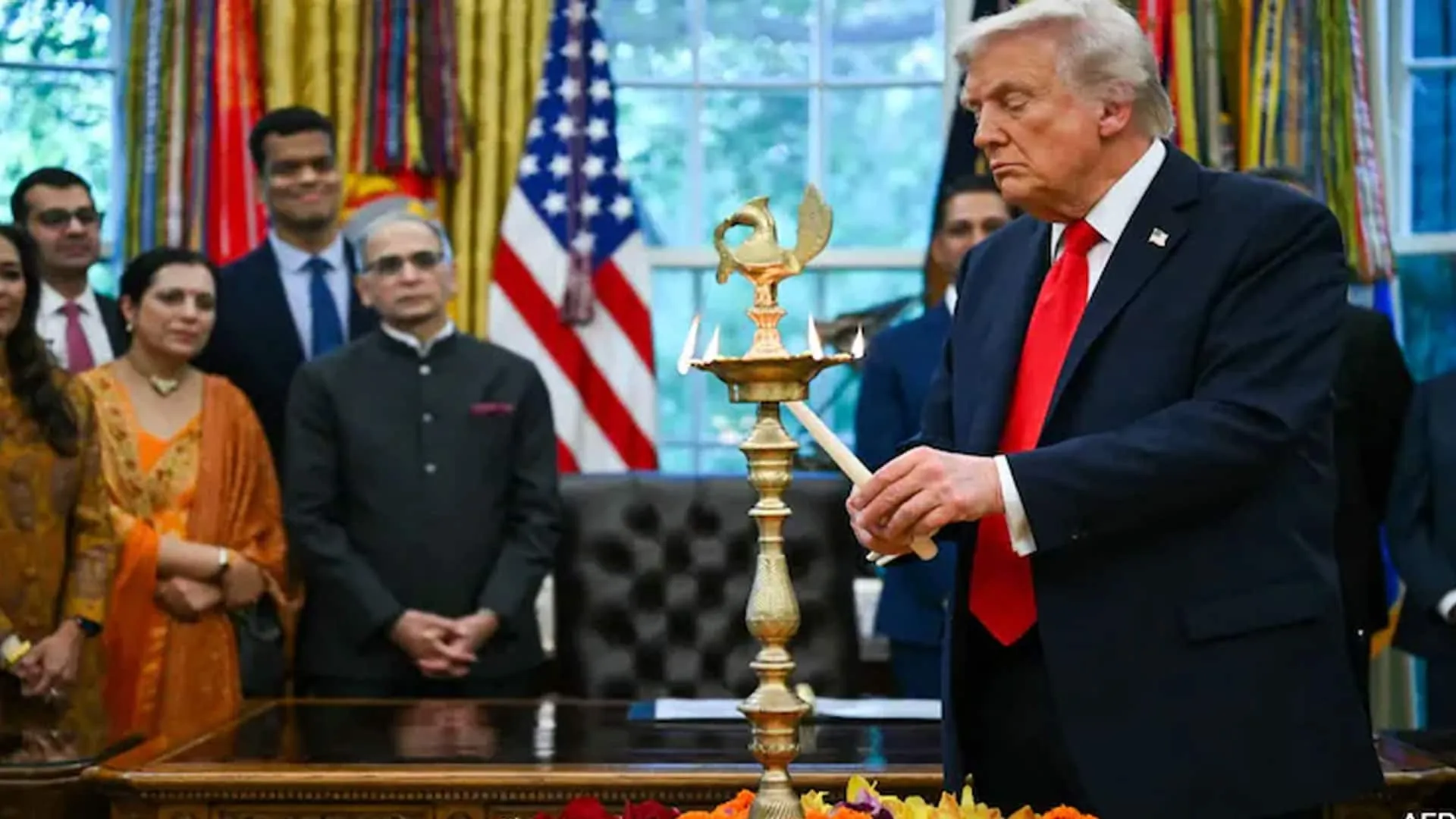
Strengthening US-India Relations Through Diplomacy
During the call, Modi and Trump discussed key areas of cooperation, including trade and regional security. Trump highlighted the importance of maintaining peace in South Asia, referencing his discussions with Modi about preventing conflicts with Pakistan. “We have no war with Pakistan and India. That was a very, very good thing,” Trump remarked, crediting trade negotiations as a factor in stabilizing the region. This dialogue reflects the growing strategic partnership between the two nations, which has been a cornerstone of their foreign policy agendas.
The US-India partnership has flourished in recent years, driven by shared democratic values and mutual interests in countering global challenges. Both leaders expressed optimism about further strengthening their collaboration, particularly in combating terrorism. Modi emphasized that the unity of India and the U.S. serves as a beacon of hope, promoting peace and progress on a global scale.
Diwali Celebration at the White House
The Diwali event at the White House was a vibrant display of cultural unity, attended by prominent figures from the Trump administration and the Indian-American community. Notable attendees included FBI Director Kash Patel, ODNI Director Tulsi Gabbard, White House Deputy Press Secretary Kush Desai, India’s Ambassador to the U.S. Vinay Mohan Kwatra, and U.S. Ambassador to India Sergio Gor. The presence of Indian-American business leaders underscored the diaspora’s role in enhancing US-India relations.
In his remarks, Trump reflected on the significance of Diwali, describing the lighting of the diya as a symbol of “faith in the victory of light over darkness.” He noted that the festival celebrates the triumph of knowledge over ignorance and good over evil, drawing parallels to the shared goals of India and the U.S. in promoting global stability. The diya-lighting ceremony, led by Trump, was a poignant moment that resonated with attendees and highlighted the cultural ties binding the two nations.
Cultural Significance of Diwali in the U.S.
Diwali, known as the Festival of Lights, holds profound cultural and spiritual significance for millions of people worldwide, particularly in India and among the Indian diaspora. In the U.S., the festival has gained prominence as a celebration of community, unity, and cultural heritage. The White House event, a tradition upheld by multiple U.S. administrations, reflects the growing recognition of Diwali’s importance in American society.
The participation of Indian-American leaders at the event highlighted the community’s contributions to the U.S. economy, culture, and diplomacy. From technology to healthcare, Indian-Americans have played a pivotal role in shaping the nation’s landscape, further strengthening the India-US partnership. The event also served as a platform to showcase the shared values of democracy, diversity, and resilience that define both nations.
A United Front Against Terrorism
The commitment to countering terrorism in all its forms was a central theme of the Modi-Trump conversation. Both leaders recognized the importance of global cooperation in addressing this pressing challenge. India and the U.S. have a long history of collaboration in counterterrorism, including intelligence sharing, joint military exercises, and diplomatic efforts to address regional threats.
Modi’s emphasis on unity against terrorism aligns with India’s broader foreign policy goals, which prioritize regional stability and global security. The U.S., under Trump’s leadership, has similarly prioritized national security, making counterterrorism a key pillar of its international agenda. The reaffirmation of this shared commitment during the Diwali call signals a continued partnership in tackling one of the world’s most pressing issues.
Trade and Economic Cooperation
Beyond security, trade was a significant focus of the Modi-Trump discussion. Trump noted that Modi is “very interested” in expanding trade ties, reflecting the mutual desire to deepen economic cooperation. The U.S. and India have made significant strides in recent years to enhance their trade relationship, with agreements in sectors such as technology, defense, and energy.
The Indian-American business community, represented at the White House event, plays a crucial role in this economic partnership. Their contributions to innovation and entrepreneurship have helped drive bilateral trade, which reached over $190 billion in 2024. Both leaders expressed optimism about further expanding trade opportunities, which could create jobs and boost economic growth in both nations.
Looking Ahead: A Bright Future for US-India Ties
The Diwali call and White House celebration underscore the enduring strength of the India-US partnership. As two of the world’s leading democracies, India and the U.S. are poised to play a pivotal role in shaping global peace, security, and prosperity. The personal rapport between Modi and Trump, coupled with their shared vision for a safer and more prosperous world, sets a positive tone for future collaboration.
As Diwali celebrations continue across the globe, the message of light, hope, and unity resonates strongly in the context of US-India relations. The commitment to countering terrorism, expanding trade, and fostering cultural ties will continue to define this partnership, ensuring that both nations remain steadfast allies in the face of global challenges.
Comment / Reply From
No comments yet. Be the first to comment!
